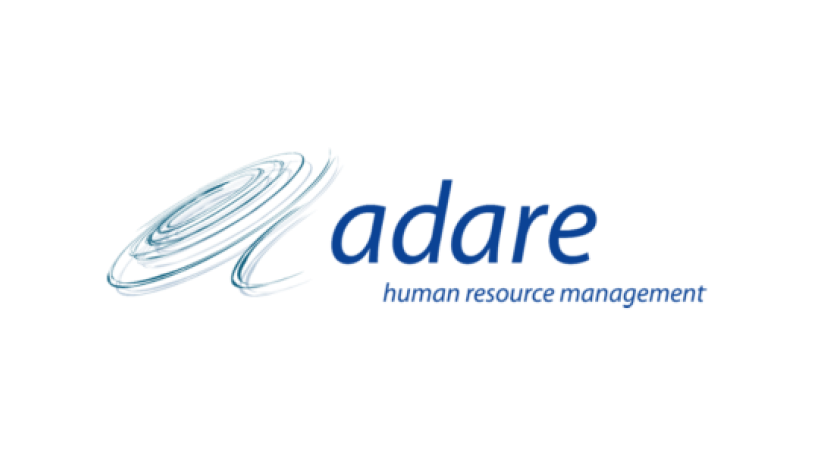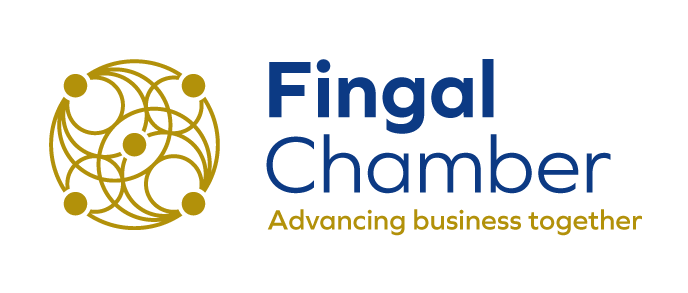The Hidden Dangers of Employee Social Media Use, when and how to Intervene?

There’s no denying that social media has become an integral part of our daily lives, both from a work and personal life perspective. The latest reports estimate, over 4 million social media users in Ireland, that’s nearly 80% of the population. The ubiquity of social media in Ireland offers numerous benefits for businesses but it also presents challenges, especially when it comes to Employees' use of social media platforms.
At Adare Human Resource Management, we are noticing an increase in Employers seeking guidance on delicate issues such as Employees sharing their personal views on social media, relating to a variety of issues from politics to medical beliefs to side hustles. Companies are seeking to better understand and effectively manage social media use by Employees to maintain a positive and productive work environment. Recent media headlines further highlight the risks to businesses around Employee social media use.
What social media risks are we seeing from a HR perspective?
Let’s talk Politics It’s not often that the Taoiseach will comment directly on an unfair dismissal claim against a large Tech company. The prominent story, in which an Employee was reportedly dismissed by her Employer for sharing her political views on social media even drew comment from Taoiseach Leo Varadkar.
Spread of Disinformation Furthermore social media is under the microscope for being used as a platform for spreading disinformation. In Ireland, we have seen reports of a rise in disinformation spread on topics such as COVID-19, refugees and asylum seekers, LGBTQ+ issues, and climate change. Employers are increasingly confronted with the task of addressing their Employees' social media activities while respecting their rights.
Employer Branding and WRC Risk There are reputational risks concerning the use of the business social channels by Employees. A recent WRC case considered a situation in which a sales representative employed by a local radio station posted on the company's Facebook page. His post highlighted that the radio was open for advertising business while other competitor media outlets were not. This occurred during the Covid-19 pandemic. There were complaints from other stations and his Employer was not happy with the tone of the message published on Facebook. This led to disciplinary action by the Employer, including revoking the worker's social media access, without following standard procedures. The worker sought an apology and a return to his previous duties. The WRC recommended that the Employer provide training for the worker in social media posting guidelines and reinstate the pre-March 2020 arrangements for posting on their Facebook page. It was decided that Employer's actions were not unreasonable, considering the need to maintain good relations with other local media and minimize conflict during the pandemic.
Employee Rights and Social Media Activity
This trend means Employers need to remain vigilant in addressing any inappropriate Employee social media activity without infringing on their constitutional rights. Irish law recognises the importance of protecting Employees' privacy and freedom of speech. Employers must therefore strike a balance between protecting their own rights and respecting their Employees’ rights.
Key Considerations for Employers:
1. Social Media Policies: Employers should develop clear and comprehensive social media policies that outline acceptable and unacceptable behaviour. These policies should be communicated to Employees and regularly updated to address evolving challenges.
2. Education and Awareness: Providing Employees with training on identifying and combating disinformation can be beneficial. Promoting digital literacy within the workplace fosters a more informed and discerning workforce.
3. Strike the Right Balance: Employers must strike a balance between protecting their business interests and respecting Employees' rights. Overly restrictive policies may infringe on individual freedoms, while lax approaches may expose the company to reputational risks.
4. Investigative Procedures: If an Employer suspects an Employee of spreading disinformation that harms the workplace environment or the business’s reputation, they must follow fair and transparent investigative procedures. The process should adhere to Irish Employment law around fair procedures and respect the rights of the Employee in question.
When should an Employer Intervene?
In the era of instant communication and widespread social media use, knowing when and how to intervene can be challenging for Employers. Employees today have various platforms to express their views, from internal communication channels like Teams and Slack to external sites such as LinkedIn, Facebook, Twitter (now X), Instagram, Snapchat, TikTok, and more.
The proximity of the platform to the workplace can influence an Employer's decision to take action regarding Employee posts. For instance, internal messaging channels are closely linked to the workplace, making it more reasonable for Employers to address inappropriate posts. However, even posts on public social media platforms may not be entirely off-limits, especially if they could harm the individual's job role, Employee relations, or the Organisation's reputation.
Key Considerations Before Intervening:
Employers should consider several factors before deciding whether to intervene:
· Awareness: How did the post come to the Employer's attention?
· Tone and Context: What is the tone and context of the post?
· Offensiveness: Is the post offensive, discriminatory, or does it constitute harassment?
· Policy Compliance: Does the post violate company policies or contradict corporate values?
· Reputation Risk: Could the post cause reputational damage or Employee relations issues?
· Organizational Position: Is this a topic the Organisation has taken a position on or wants to be associated with?
What Can Employers Do in the case of inappropriate Social Media use?
Employers can act when necessary, especially in cases of extreme or inappropriate social media posts. Here are practical steps Employers can take:
· Develop a Social Media Policy: now more than ever, Employers need a comprehensive social media policy that includes a notification that disciplinary action will be taken in response to a breach. The policy should also specify the type of offences that may amount to gross misconduct and lead to dismissal.
· Emphasise Dignity and Respect: this is a rapidly evolving area but the key message behind any policy updates should be the promotion of dignity and respect for all Employees.
· Consider Practical Measures: Encourage Employees to review their privacy settings on external sites and to remember that their private social media posts can quickly be made public. In addition, consider asking Employees to add a disclaimer to their social media profiles confirming that their views are their own and not those of their Employer. While Employees ultimately control their private social media accounts, they may be willing to cooperate with reasonable requests in this regard.
· Training: Ensure all Employees attend training on inclusivity, anti-discrimination, workplace behaviour, and communication. Also, consider specific training for managers who may need to handle conflict scenarios involving team members who hold opposing views.
The Employment landscape is constantly transforming, Adare Human Resource Management is at the forefront of these evolutions. Take a proactive step today towards staying informed, remaining compliant, and leading the way in promoting better workplace relations.
If your Organisation needs advice, support, or guidance in relation to compliance requirements or any HR issues, please contact our team of experts in Adare Human Resource Management for information of supports provided through our HR Partnership Programme.
Contact Details: Phone (01) 561 3594 or email info@adarehrm.ie.
Adare Human Resource Management is a team of expert-led Employment Law, Industrial Relations and best practice Human Resource Management consultants.
